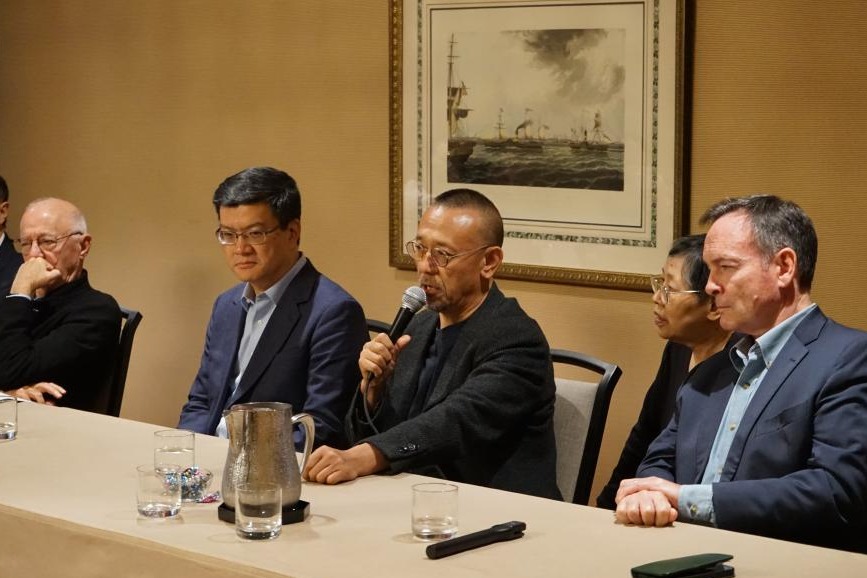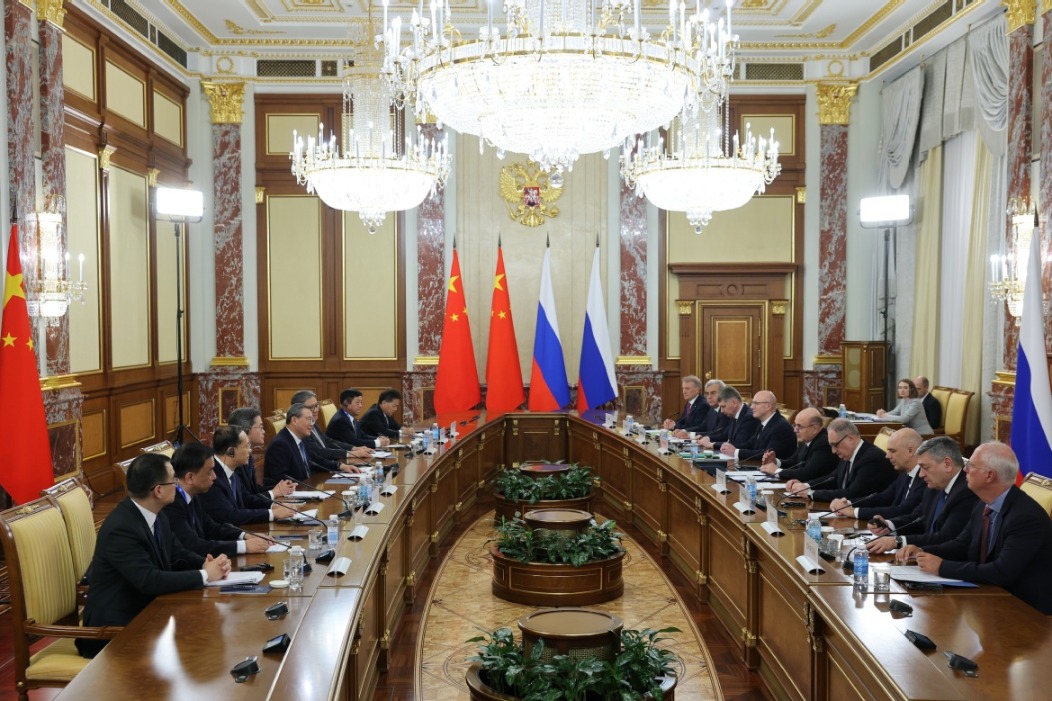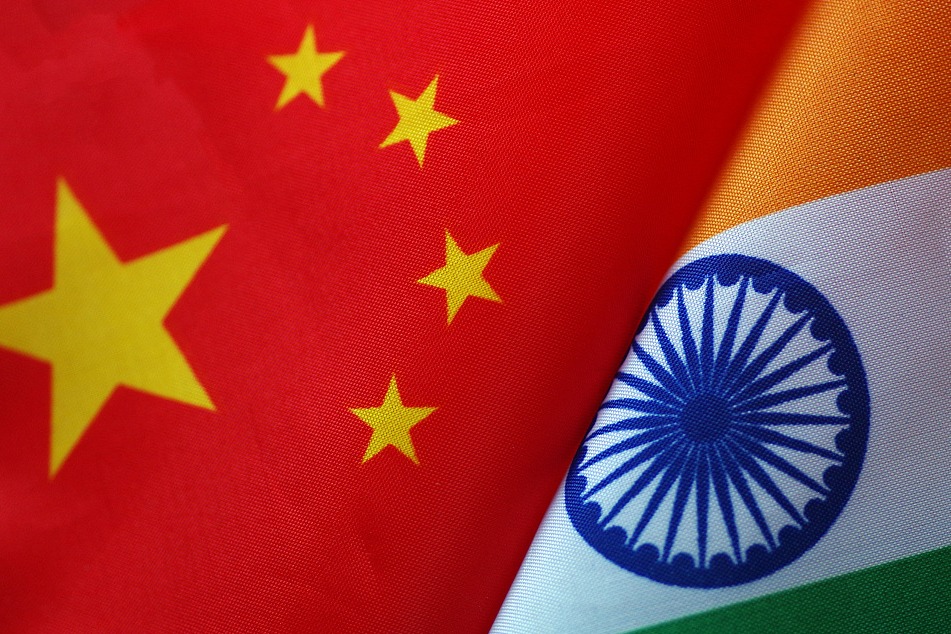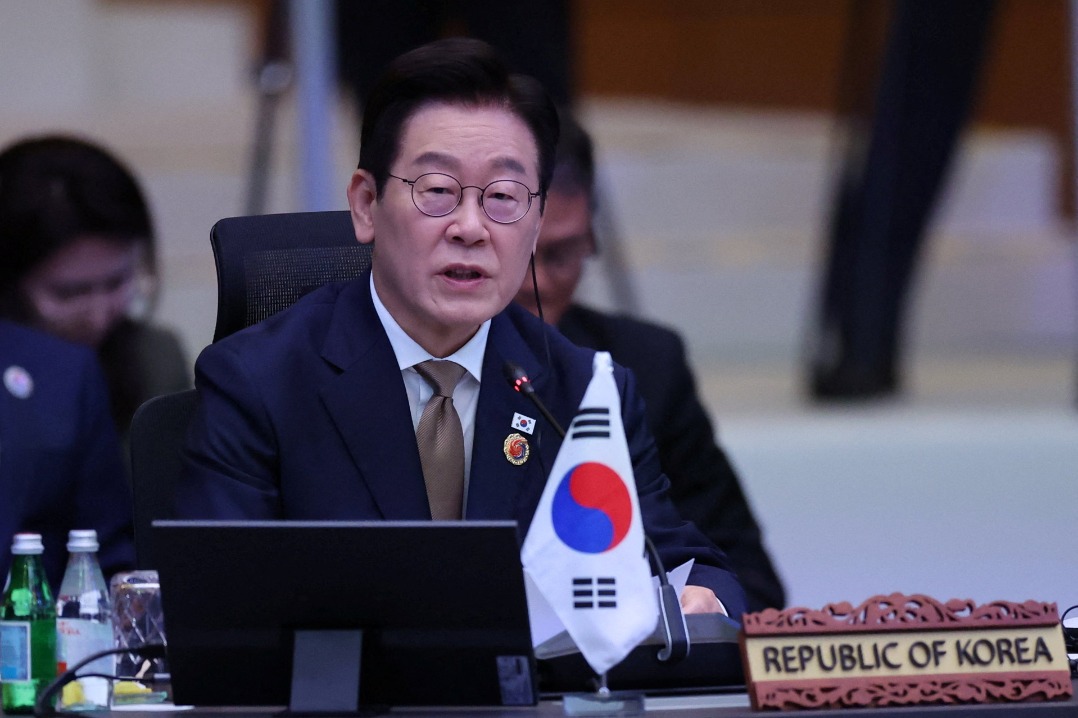Beijing seeks productive Brussels talks

Envoy hopes conference will boost trust and mutually beneficial cooperation
China hopes next week's conference between Beijing and Brussels will help make bilateral relations more productive and substantive by seizing opportunities and addressing challenges, according to the top Chinese diplomat to the European Union.
The 22nd China-EU Summit will be held on Monday via video conference due to the COVID-19 pandemic. It will be the first summit since the current EU leadership took office last December.
Zhang Ming, head of the China Mission to the EU, said on Thursday that China hopes the conference will help boost the strategic trust and mutually beneficial cooperation.
"We should not see the other as a systemic rival," he said, referring to a term adopted by the previous European Commission in its strategic communication a year ago.
Noting that China and the EU have different political systems and ideologies, Zhang said, "We are of the view that there are no fundamental conflicts of interest between China and the EU."
He also hopes the meeting will reaffirm the commitment to openness and cooperation, saying that China will roll out more measures to expand its opening-up.
"We hope the EU will stay in the right direction by fostering a fair, impartial and nondiscriminatory environment for China-EU cooperation," he said.
Since the last summit in Brussels, China and the EU have signed a civil aviation agreement and concluded the formal negotiations of the geographical indications (GI) agreement.
Zhang said that the two sides are also pushing forward the completion of the Comprehensive Agreement on Investment, or CAI, and "have made good progress in terms of the negative list and the text".
Both sides had earlier hoped to wrap up the CAI negotiations this year.
"The political commitment to conclude a high-level and balanced investment agreement on time will not change," Zhang said.
But he emphasized that "it takes two to tango".
And he said: "Both sides need to be pragmatic and realistic and adopt a give-and-take approach. Only in this way, can we get over the thorny issues and reach an agreement."
Zhang further expressed concern over recent measures adopted by the EU on stricter screening of foreign investment as well as the publication on Wednesday of a white paper on foreign subsidies.
Meanwhile, Daniel Gros, the director of the Centre for European Policy Studies, said that some in Europe are asking: "China is so strong. Why do they not open up more quickly?"
According to the Rhodium Group, Chinese foreign direct investment in Europe has declined since reaching a record 37 billion euros ($41.6 billion) in 2016.
Separately, the European Commission said on Wednesday that the white paper it adopted deals with the so-called "distorted effects caused by foreign subsidies in the single market".
'Stay vigilant'
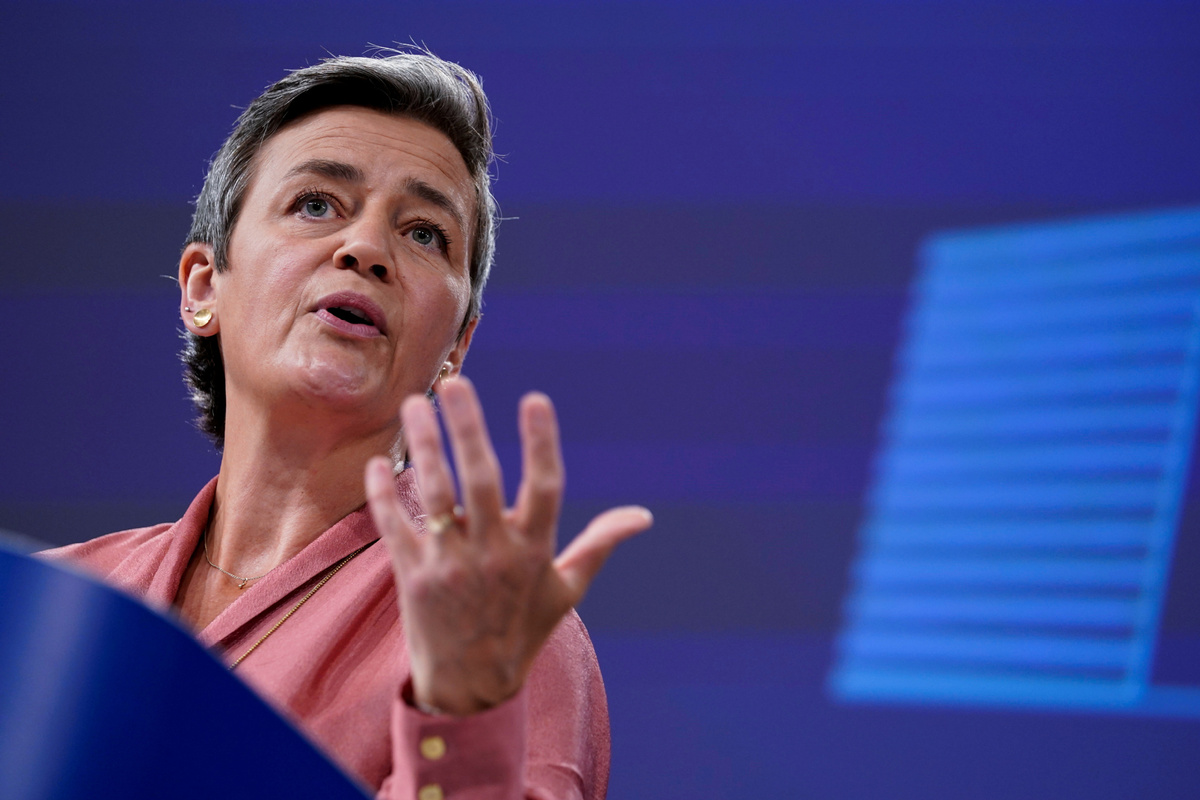
"Europe's economy is open and closely interlinked to the rest of the world. If this is to remain a strength, we must stay vigilant," said European Commission Executive Vice-President Margrethe Vestager.
"This is why we need the right tools to ensure that foreign subsidies do not distort our market, just as we do with national subsidies."
A public consultation of the white paper among the EU member states will be open until Sept 23 to prepare for later legislation.
A spokesman for the Chinese Mission to the EU on Wednesday said that they will study the white paper carefully.
"It is hoped that the relevant EU measures will comply with the basic principles of the WTO, keep clear of protectionist moves, and refrain from creating new trade barriers under the pretext of subsidies, with a view to fostering a good business environment for the operation and development of foreign-invested enterprises," he said.
He cautioned the EU to avoid sending negative signals to the outside world at a time when nations are joining hands to fight COVID-19.
"Subsidy is a commonly used policy instrument. And developed countries such as those in Europe and the United States are the primary users of subsidy policies."
















